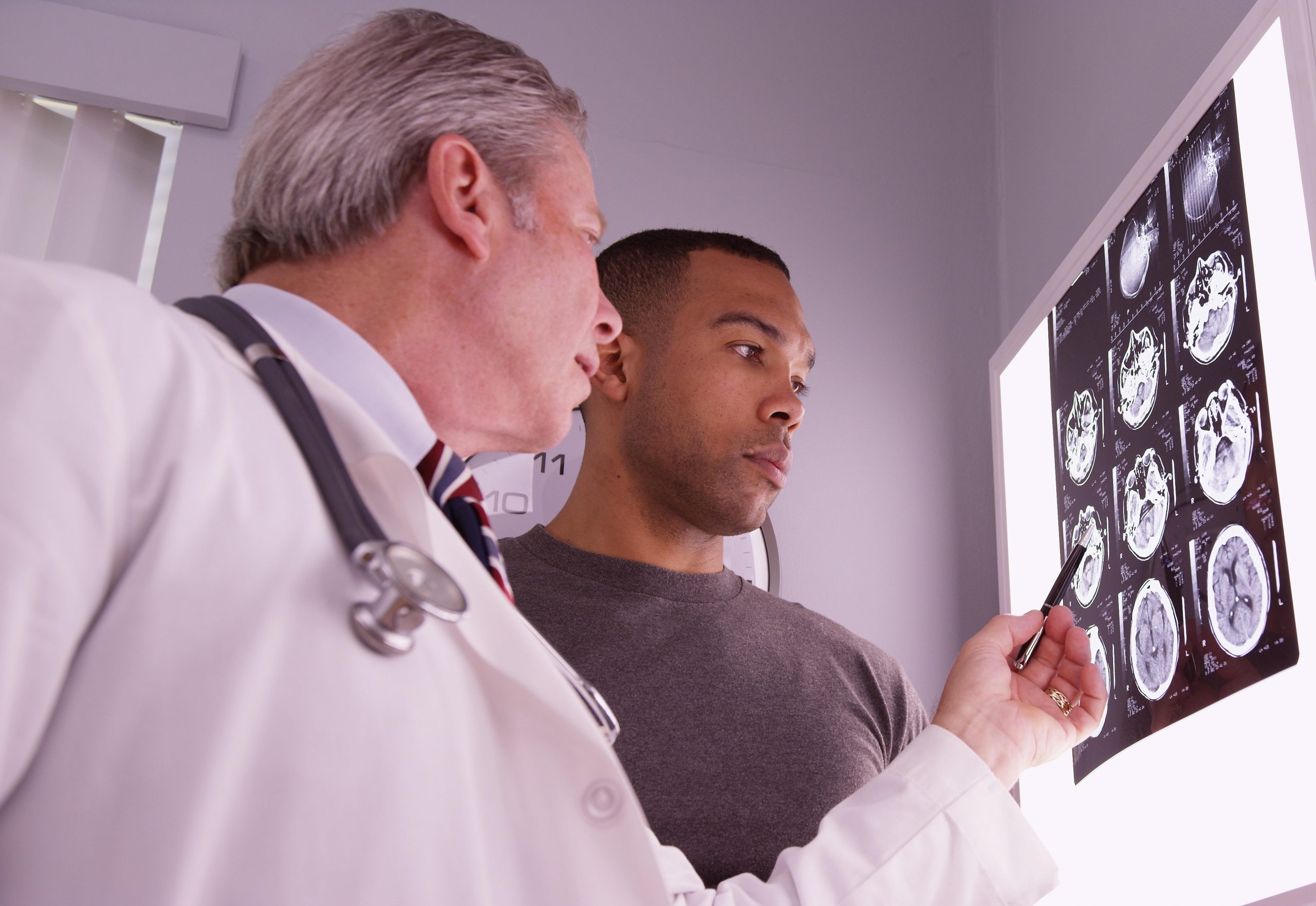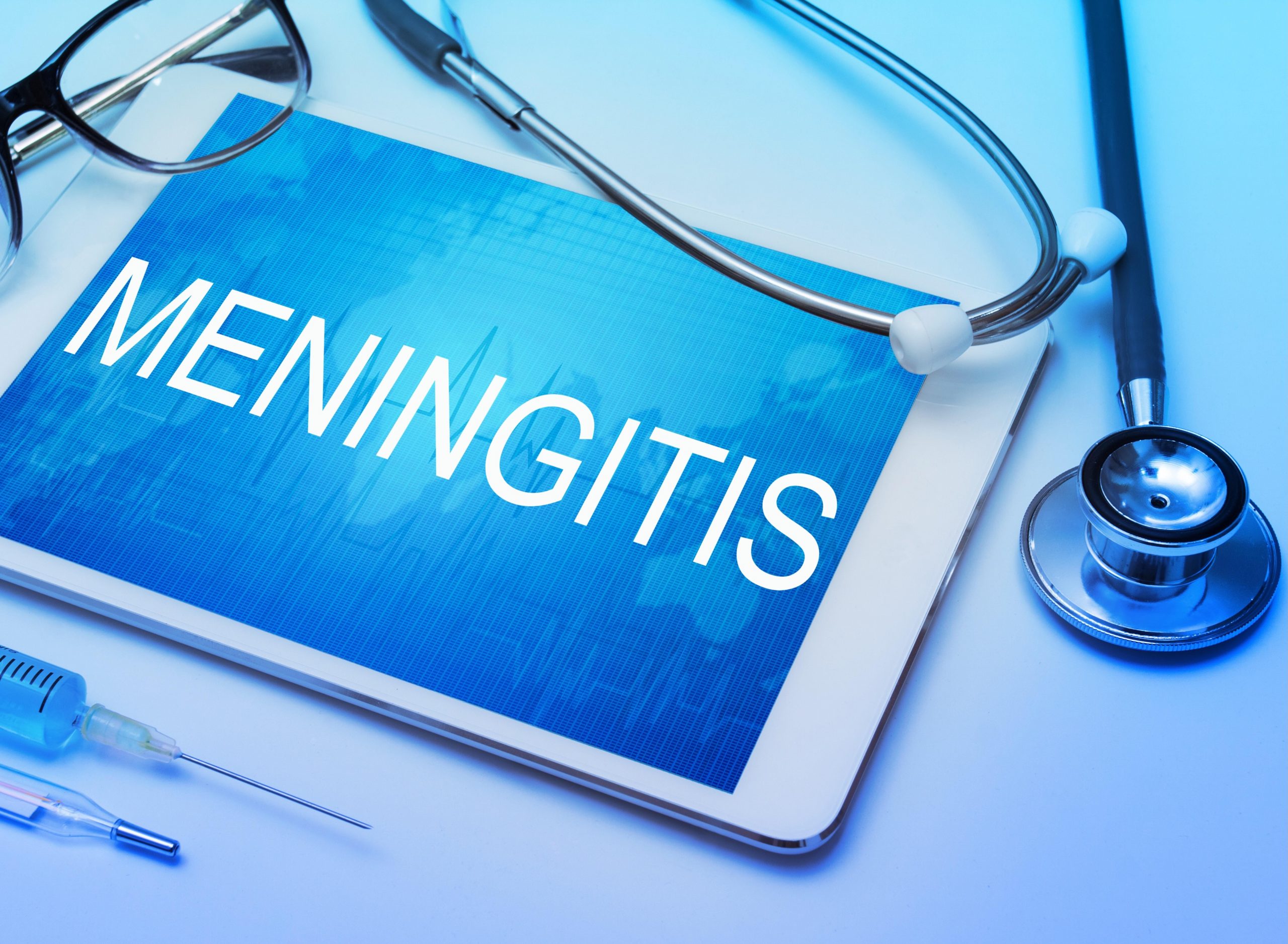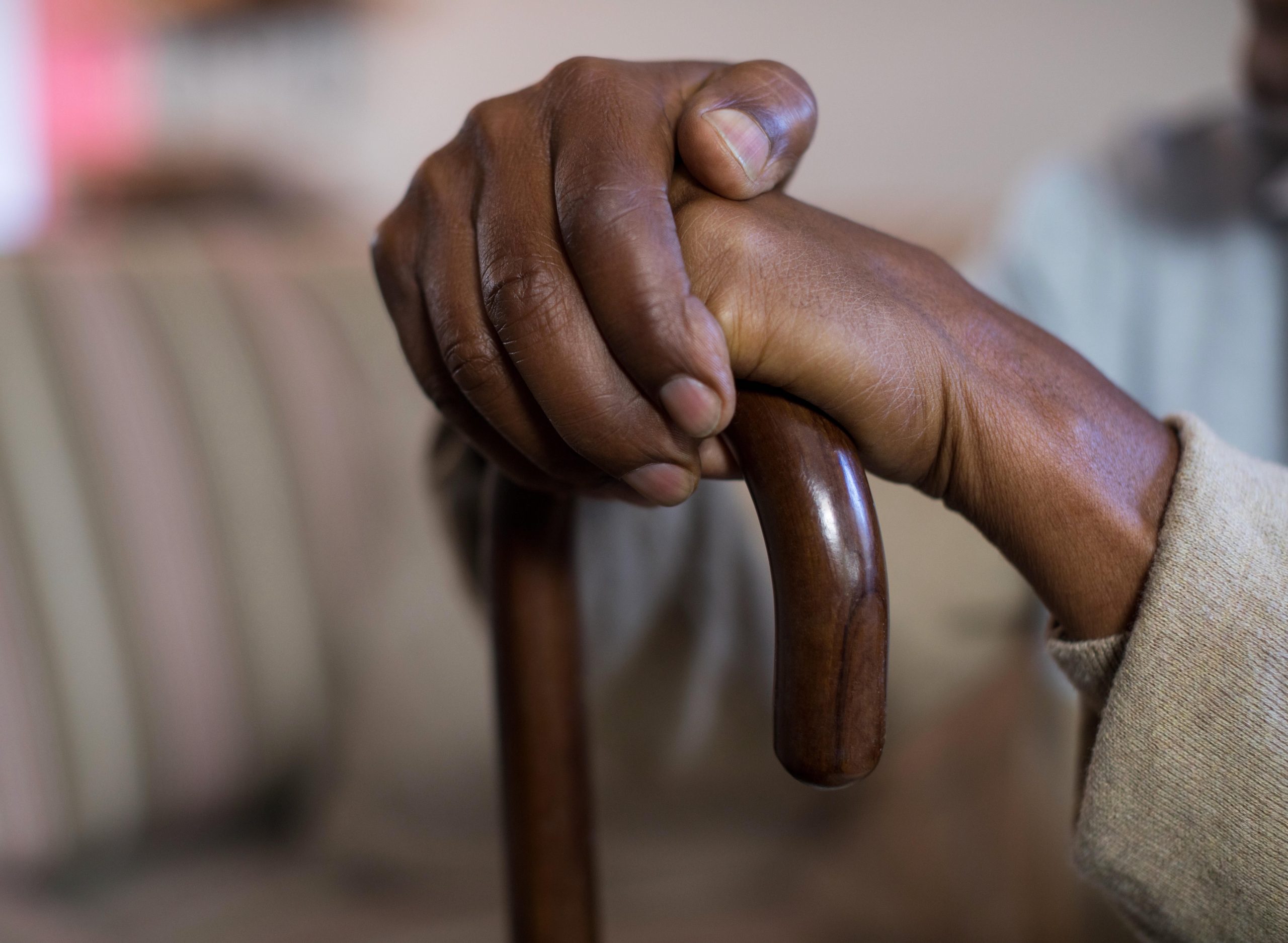
Obesity is a known contributor to a host of health risks ranging from diabetes to cancer, but new research suggests it may also delay recovery from a mild traumatic brain injury. Why? The systemic inflammation that being obese can cause in the body may be a driving factor, according to researchers. “This is a very… read on > read on >






























